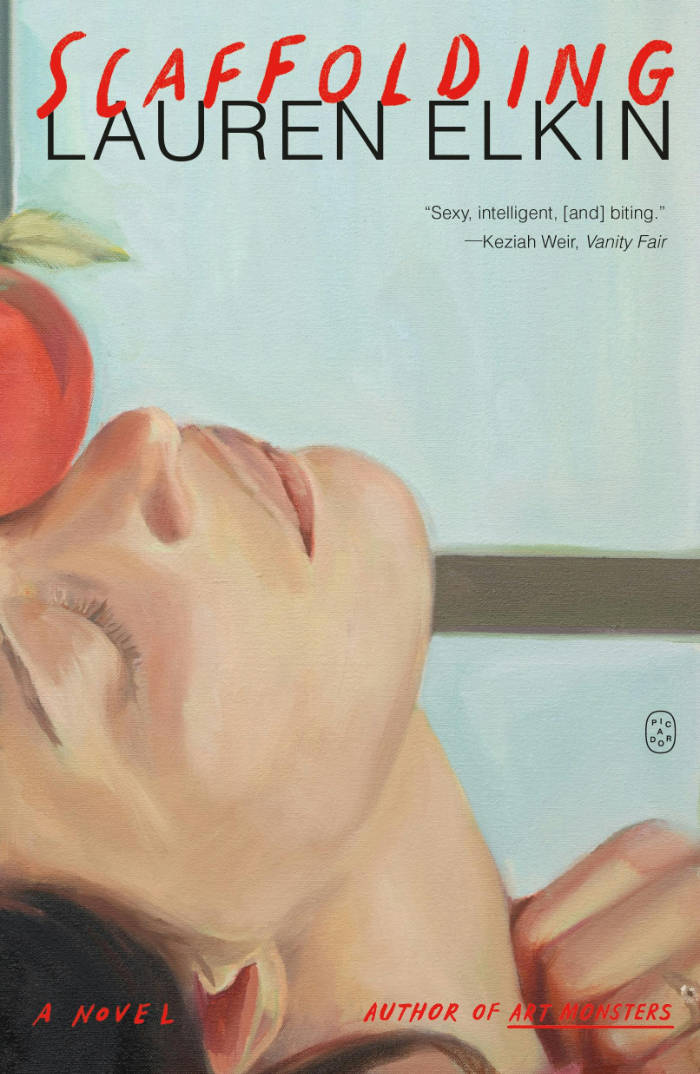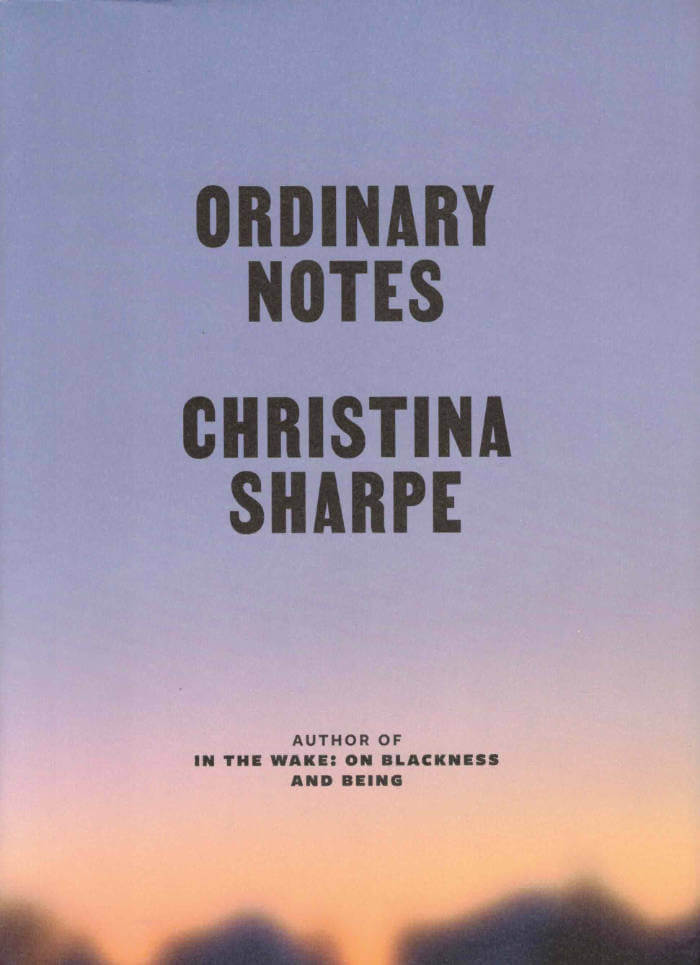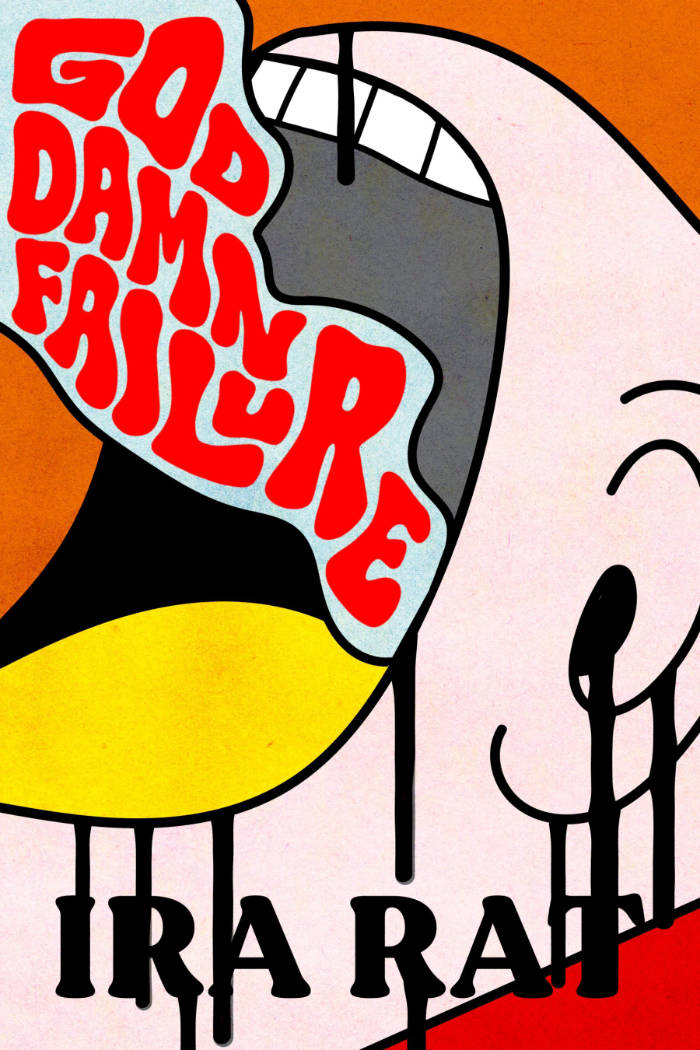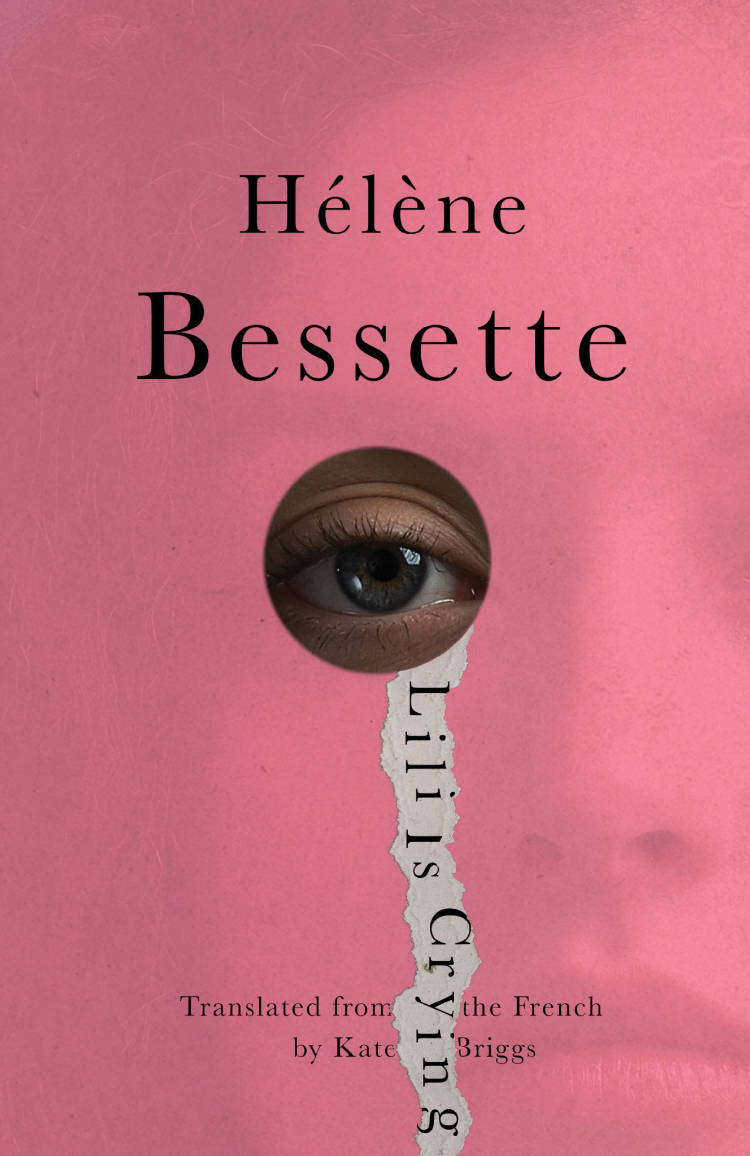
Scaffolding
The debut novel by the acclaimed author of Flâneuse and Art Monsters, Lauren Elkin’s Scaffolding is a story of Paris, desire, love, psychoanalysis, and the turbulent affairs of two couples across time.
Paris, 1972. The same apartment in Belleville. Florence and Henry are renovating their kitchen. She is finishing her degree in psychology, dropping into feminist activities, and devotedly attending the groundbreaking, infamous seminars held by the renowned analyst Jacques Lacan. She is hoping to conceive their first child, though Henry isn’t sure he’s ready for fatherhood.
Two couples, fifty years apart, face the challenges of marriage, fidelity, and pregnancy. They inhabit this same small space in separate but similar times—times charged with political upheaval and intellectual controversy. A novel in the key of Éric Rohmer, Lauren Elkin’s Scaffolding is about the way our homes collect and hold our memories and our stories, about the bonds we create and the difficulty of ever fully severing them, about the ways all the people we’ve loved live on in us.
Lauren Elkin is the author of Art Monsters and Flâneuse, a New York Times Book Review notable book and a finalist for the PEN/Diamonstein-Spielvogel Award for the Art of the Essay. Her essays have appeared in The New York Times, Le Monde, Frieze, and The Times Literary Supplement, among other publications. A native New Yorker, Elkin lived in Paris for twenty years and now resides in London.






